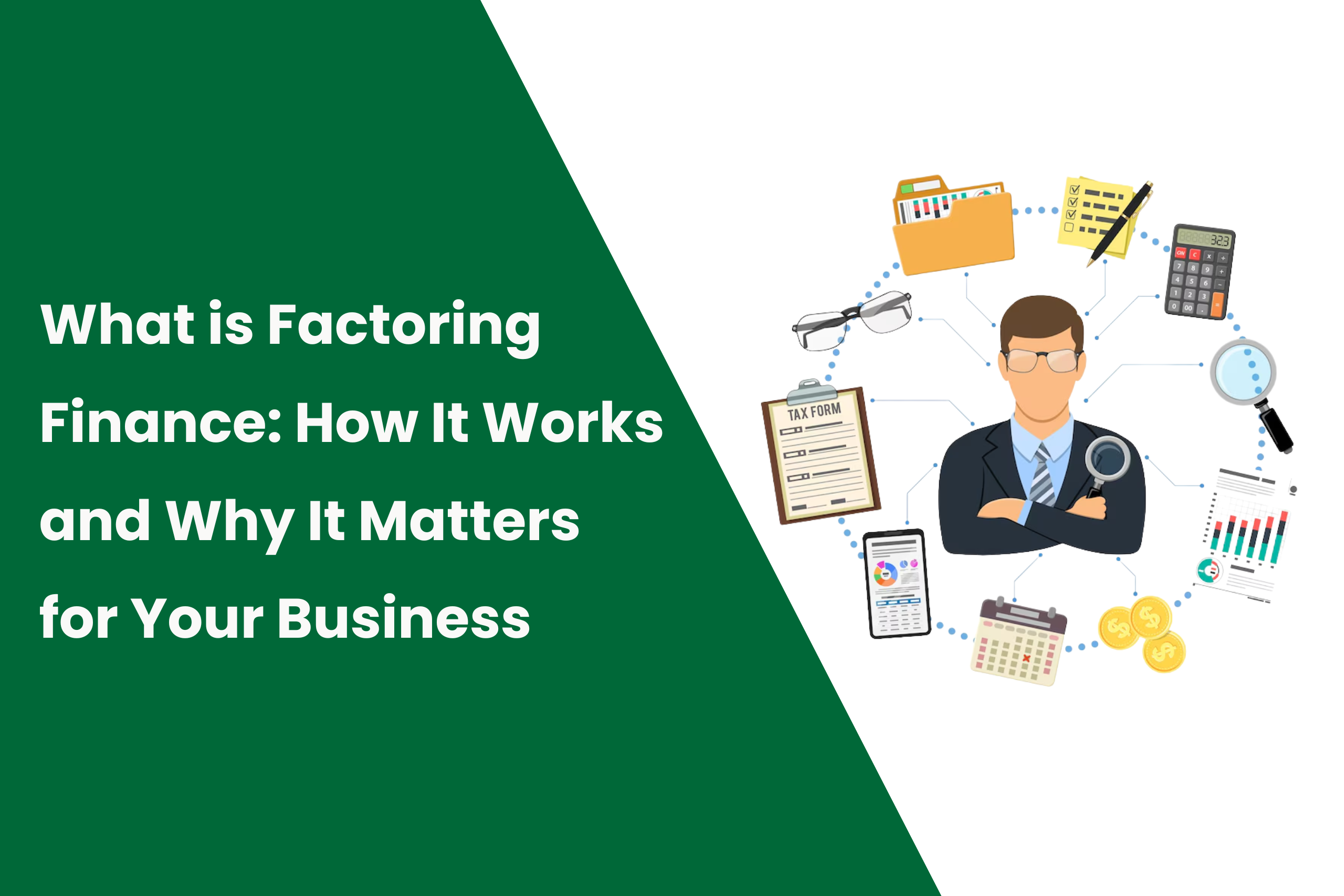For small business owners and entrepreneurs navigating the complex world of business financing options, understanding how factoring works a game-changer can be. Factoring finance offers a smart, flexible way to enhance cash flow management by turning outstanding invoices into immediate working capital. This approach not only empowers business growth but also provides a trustworthy solution for managing day-to-day expenses without incurring debt. In this post, we’ll explore the benefits of factoring and how invoice factoring services can serve as a reliable partner in securing the financial stability your business needs to thrive. Whether you’re new to the concept or looking to refine your financial strategy, this guide will offer valuable insights into leveraging factoring as a powerful tool for your entrepreneurial journey.
Understanding Factoring Finance
Factoring finance is a crucial concept for entrepreneurs to grasp. This section will explore the fundamentals of factoring, how it operates, and its advantages for businesses.
Definition and Key Concepts
Factoring finance is a financial transaction where a business sells its accounts receivable (invoices) to a third party (factor) at a discount. This process allows companies to receive immediate cash for their outstanding invoices.
Key concepts in factoring include:
- Accounts receivable: The amount owed to a company by its customers
- Factor: The financial institution that purchases the invoices
- Advance rate: The percentage of the invoice value paid upfront
Factoring differs from traditional loans as it’s not a debt but a sale of assets. This distinction is crucial for businesses looking to maintain a healthy balance sheet.
How Factoring Works
The factoring process typically follows these steps:
- A business provides goods or services to its customers and issues invoices.
- The business sells these invoices to a factoring company.
- The factor advances a percentage of the invoice value (usually 70-90%) to the business.
- The factor collects payment from the customers when the invoices are due.
- Once paid, the factor remits the remaining balance to the business, minus fees.
This process allows businesses to access funds quickly without waiting for customers to pay their invoices. It’s particularly beneficial for companies with long payment terms or those experiencing rapid growth.
Benefits of Factoring for Businesses
Factoring offers several advantages to businesses, especially small and medium-sized enterprises:
- Improved cash flow: By receiving immediate payment for invoices, companies can better manage their working capital.
- Reduced administrative burden: Factoring companies often handle collections, allowing businesses to focus on core operations.
- Credit protection: Some factoring arrangements include protection against customer non-payment.
Additionally, factoring can help businesses take advantage of early payment discounts from suppliers and invest in growth opportunities without incurring debt.
Exploring Business Financing Options
Understanding the landscape of business financing is crucial for making informed decisions. This section compares factoring with traditional loans and delves into invoice factoring as a viable solution.
Comparing Factoring with Traditional Loans
When considering financing options, it’s essential to understand the differences between factoring and traditional loans:
| Feature | Factoring | Traditional Loans |
| Collateral | Invoices | Various assets |
| Approval basis | Customer creditworthiness | Business creditworthiness |
| Repayment | Customer pays invoice | Fixed repayment schedule |
| Impact on balance sheet | Sale of asset | Debt |
Factoring can be more accessible for newer businesses or those with less-than-perfect credit, as the focus is on the customers’ ability to pay rather than the business’s credit history. However, traditional loans may offer lower costs for established businesses with strong credit profiles. The choice depends on individual business needs and circumstances.
Invoice Factoring as a Viable Solution
Invoice factoring has emerged as a popular financing solution for many businesses, particularly in industries with long payment cycles or high-volume sales.
Key advantages of invoice factoring include:
- Quick access to cash, often within 24-48 hours
- Scalability as the business grows
- No long-term debt obligations
However, it’s important to consider potential drawbacks such as higher costs compared to traditional loans and the impact on customer relationships if the factor handles collections. Businesses should carefully evaluate their financial needs and growth projections to determine if invoice factoring aligns with their goals.
Choosing the Right Factoring Services
Selecting the appropriate factoring service is crucial for maximizing benefits and minimizing costs. Consider the following when evaluating factoring companies:
- Advance rates and fee structures
- Industry expertise and reputation
- Additional services offered (e.g., credit checks, collections)
- Contract terms and flexibility
It’s advisable to obtain quotes from multiple factoring companies and carefully review their terms. Some factors specialize in specific industries, which can provide added value through industry-specific insights and tailored services.
“Choosing the right factoring partner can significantly impact your business’s financial health and growth potential.” – Financial Expert
Enhancing Cash Flow Management
Effective cash flow management is the lifeblood of any successful business. This section explores its importance and strategies for optimization.
Importance of Cash Flow for Small Businesses
Cash flow is critical for small businesses, impacting every aspect of operations:
- Day-to-day operations: Ensuring funds for payroll, inventory, and overhead costs.
- Growth opportunities: Having capital available for expansion or new projects.
- Financial stability: Maintaining a buffer against unexpected expenses or market fluctuations.
Poor cash flow management is a leading cause of small business failure. Even profitable businesses can struggle if cash is tied up in unpaid invoices or inventory. Effective cash flow management allows businesses to weather economic uncertainties and capitalize on growth opportunities when they arise.
Strategies for Effective Cash Flow Management
Implementing robust cash flow management strategies can significantly improve a business’s financial health:
- Implement efficient invoicing processes: Send invoices promptly and follow up on overdue payments.
- Negotiate favorable payment terms with suppliers and customers.
- Use technology to automate financial processes and gain real-time insights.
- Maintain cash reserves for unexpected expenses or opportunities.
- Consider alternative financing options like factoring for quick access to cash.
- Regularly review and forecast cash flow to anticipate and address potential shortfalls.
- Optimize inventory management to avoid tying up excess cash in unsold goods.




